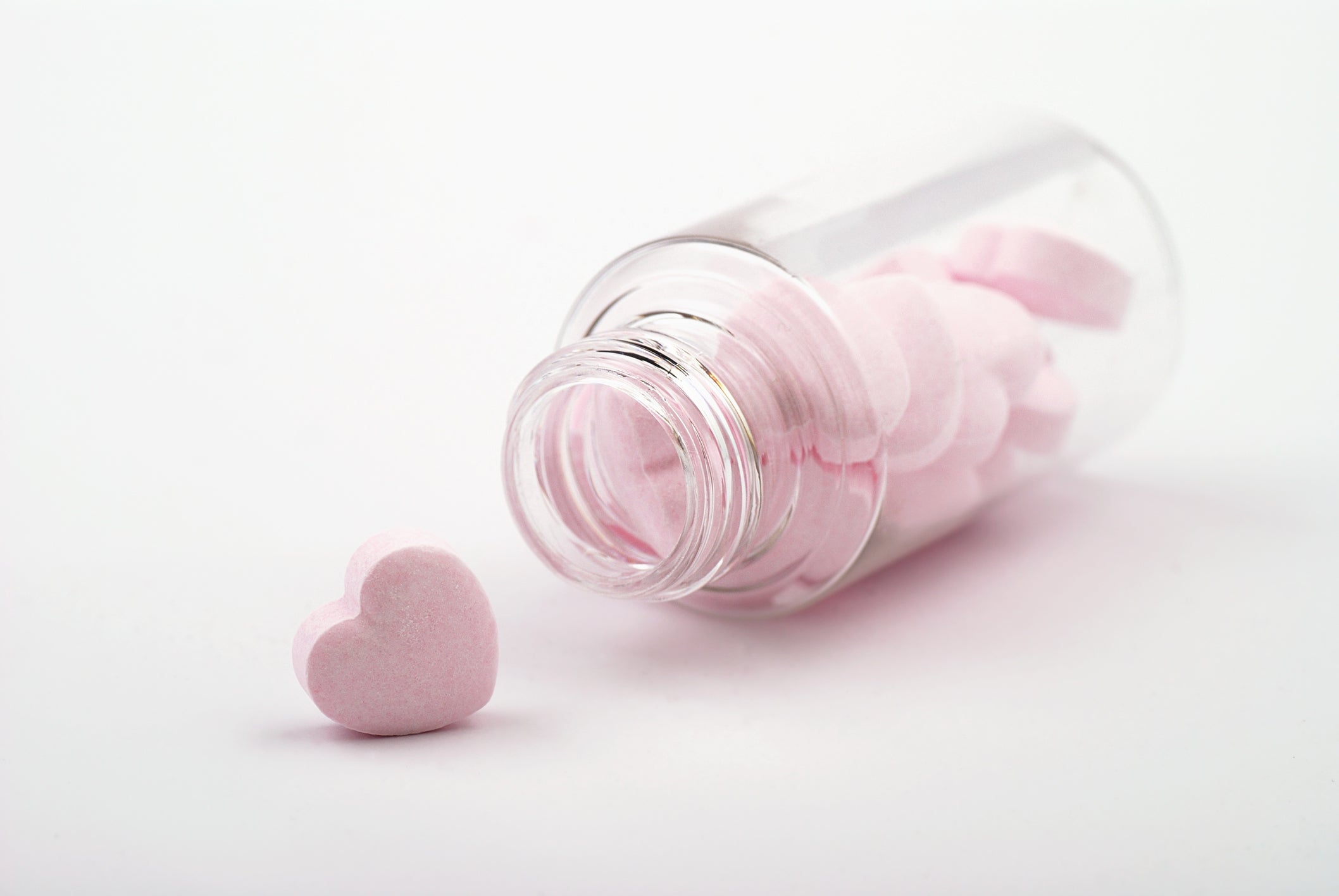Men addicted to sex could have higher levels of love hormone, study suggests
New research highlights potential treatment for sex addiction

Your support helps us to tell the story
From reproductive rights to climate change to Big Tech, The Independent is on the ground when the story is developing. Whether it's investigating the financials of Elon Musk's pro-Trump PAC or producing our latest documentary, 'The A Word', which shines a light on the American women fighting for reproductive rights, we know how important it is to parse out the facts from the messaging.
At such a critical moment in US history, we need reporters on the ground. Your donation allows us to keep sending journalists to speak to both sides of the story.
The Independent is trusted by Americans across the entire political spectrum. And unlike many other quality news outlets, we choose not to lock Americans out of our reporting and analysis with paywalls. We believe quality journalism should be available to everyone, paid for by those who can afford it.
Your support makes all the difference.Male sex addicts could have higher levels of oxytocin, known informally as “the love hormone”, new research suggests.
According to a new study published in Endocrine Society’s Journal of Clinical Endocrinology & Metabolism, targeting oxytocin could help researchers develop treatments for sex addiction, aka hypersexual disorder, in the future.
For the study, researchers analysed the blood samples of 64 male sex addicts and 38 men without sex addiction.
They observed that the hypersexual men boasted higher levels of oxytocin in their blood compared to the healthy men.
On its website, the NHS describes sex addiction as any sexual activity that feels “out of control”.
“This could be sex with a partner, but it can also mean activities such as pornography, masturbation, visiting prostitutes or using chat lines,” it adds.
“For most people, these behaviours don’t cause any serious problems. But some people are unable to control these urges and actions, despite the difficulties they may cause in their relationships, finances and professional lives.”
Additionally, some people may have a dependency on sex and sexual activity “to numb any negative emotions and difficult experiences”, the NHS explains.
“This can have a negative effect on the person’s quality of life and on those around them.”
Oxytocin is the hormone most frequently linked to increased levels of social interaction, well-being and anti-stress.
It is released in response to the activation of sensory nerves, with example instances including labour, breastfeeding and sexual activity.
Now, the new research has suggested that cognitive behavioural therapy (CBT) could help reduce oxytocin levels and therefore symptoms of hypersexual disorder, with 30 of the male sex addicts involved in the study experiencing a drop in the hormone following CBT.
Andreas Chatzittofis, of the University of Cyprus Medical School, and Umea University, Sweden said: “We discovered that men with compulsive sexual behaviour disorder (CSBD) had higher oxytocin levels compared with healthy men.
“Cognitive behavioural therapy led to a reduction in both hypersexual behaviour and oxytocin levels”
He added: “Oxytocin plays an important role in sex addiction and may be a potential drug target for future pharmacological treatment.”
Additional reporting by PA
Join our commenting forum
Join thought-provoking conversations, follow other Independent readers and see their replies
Comments